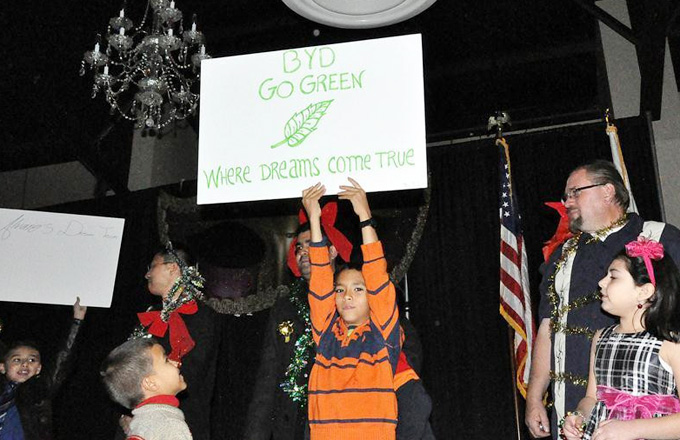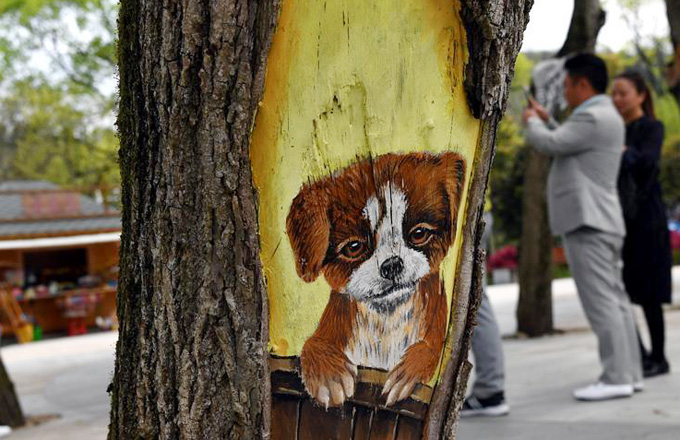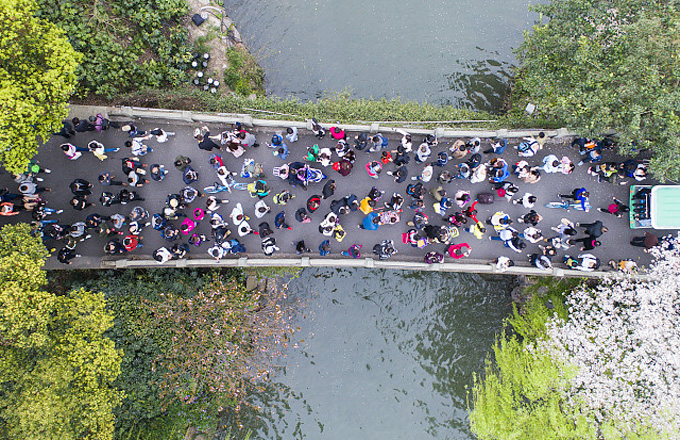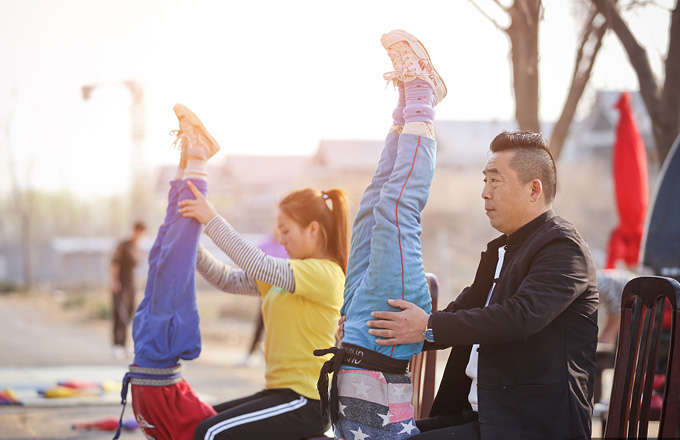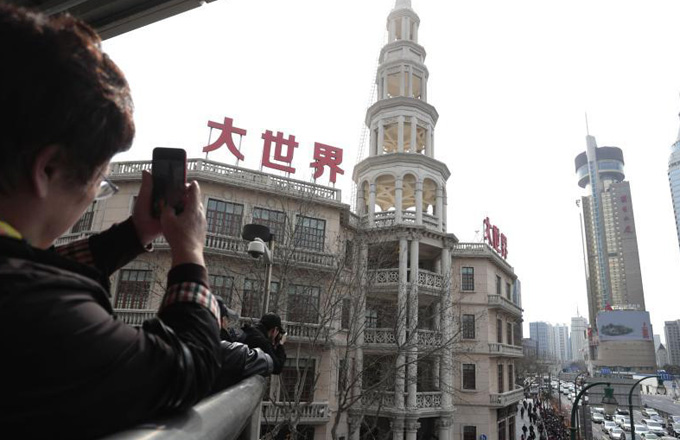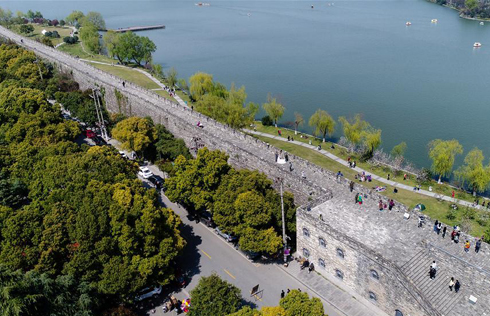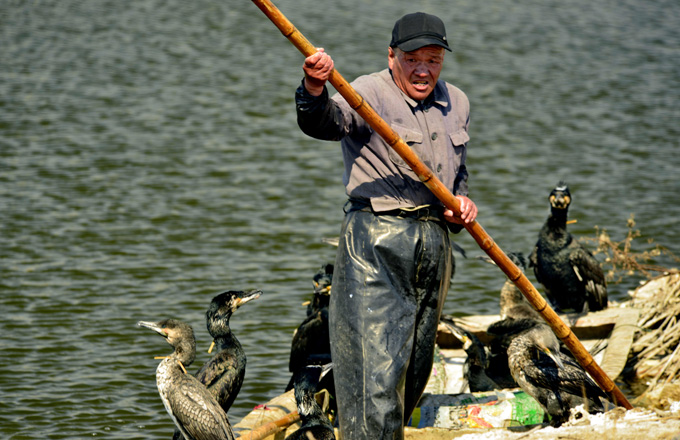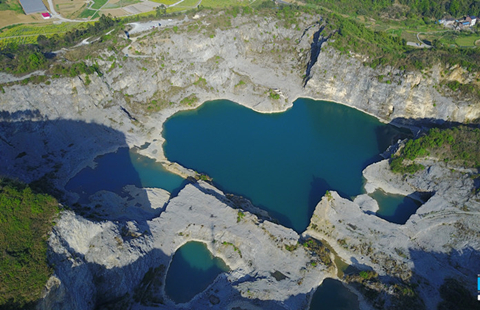

REPORTER'S LOG | ZHANG HAIZHOU
My cell phone ringing on Saturday morning on April 20, jarred me awake.
It was Luo Gang, a survivor of the 8.0-magnitude Sichuan earthquake that destroyed his hometown Beichuan on May 12, 2008. More than 20,000 of Luo's fellow townsmen were dead or missing on that tragic day.
"Do you know that there has been another quake in Sichuan?" he shouted. "I just told you such disaster would probably never happen again in my lifetime. I'm a bloody wuyazui!"
Luo was talking about the 7.0-magnitude quake that hit Lushan about 8:20 that morning. Lushan is roughly 200 km away from Beichuan.
Wuyazui is the Chinese way of describing a doom-sayer, like the mythical Cassandra, and it literally means "from the crow's mouth" — that bird being viewed as the harbinger of bad luck.
The 56-year-old Luo was deeply distressed because when I visited him in Beichuan, he had been optimistic that a similar quake would not happen again.
But that was not why he called me. He wanted me to convey a message to the current quake victims.
"Tell those in Lushan if you go there, that they must be strong, be brave, and, most important of all, always stay optimistic. Tell them this is the most valuable experience from a quake survivor in Beichuan."
Luo is right. As a reporter who had spent months in Sichuan since the massive disaster in 2008, I was deeply impressed by local people's optimism.
I saw scores of people playing mahjong, Sichuan's favorite tile game, in temporary shelters next to their collapsed houses. I chatted with a 95-year-old woman who was smoking away in a tent.
"War, revolution, poverty, floods — what else haven't I experienced? It's just a quake — nothing special. Take it easy," she muttered.

